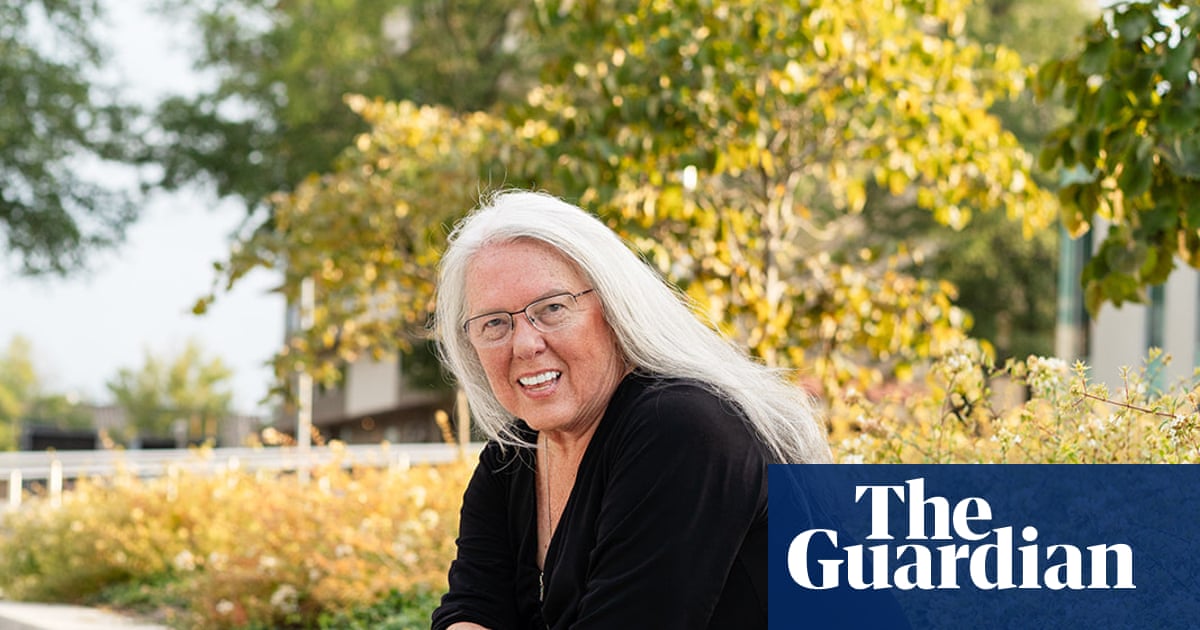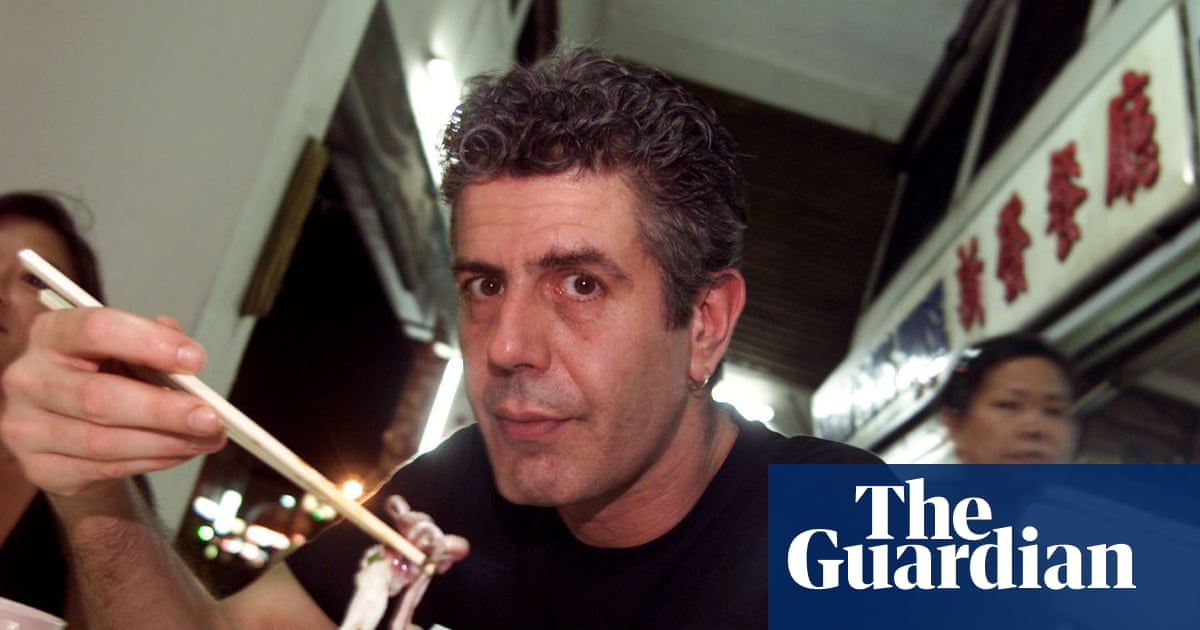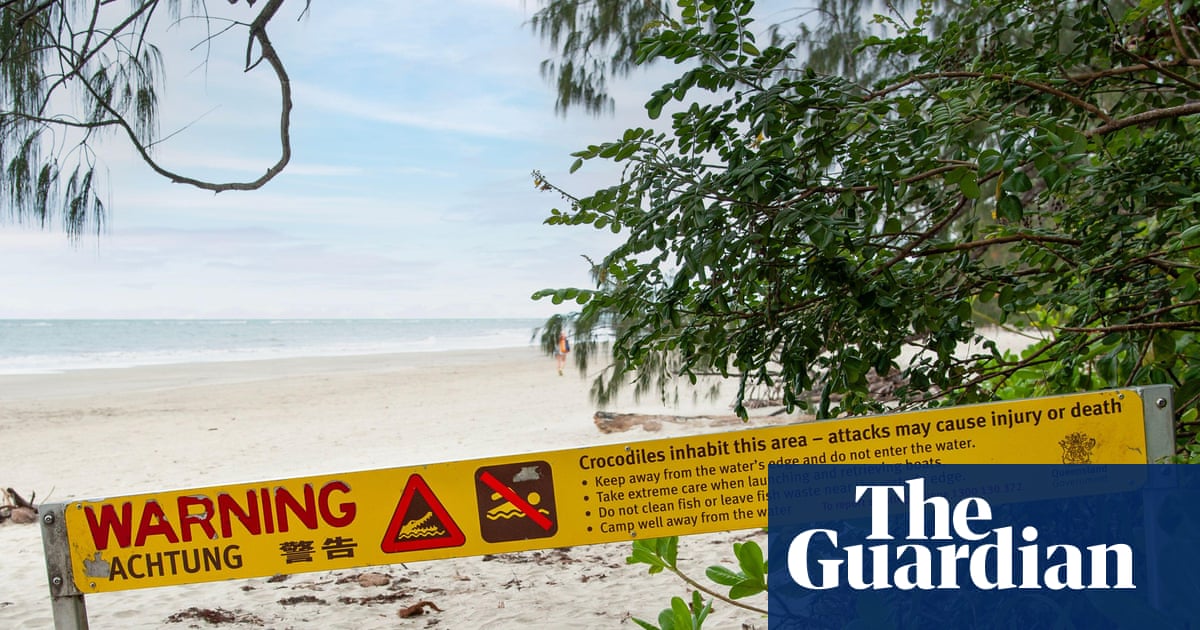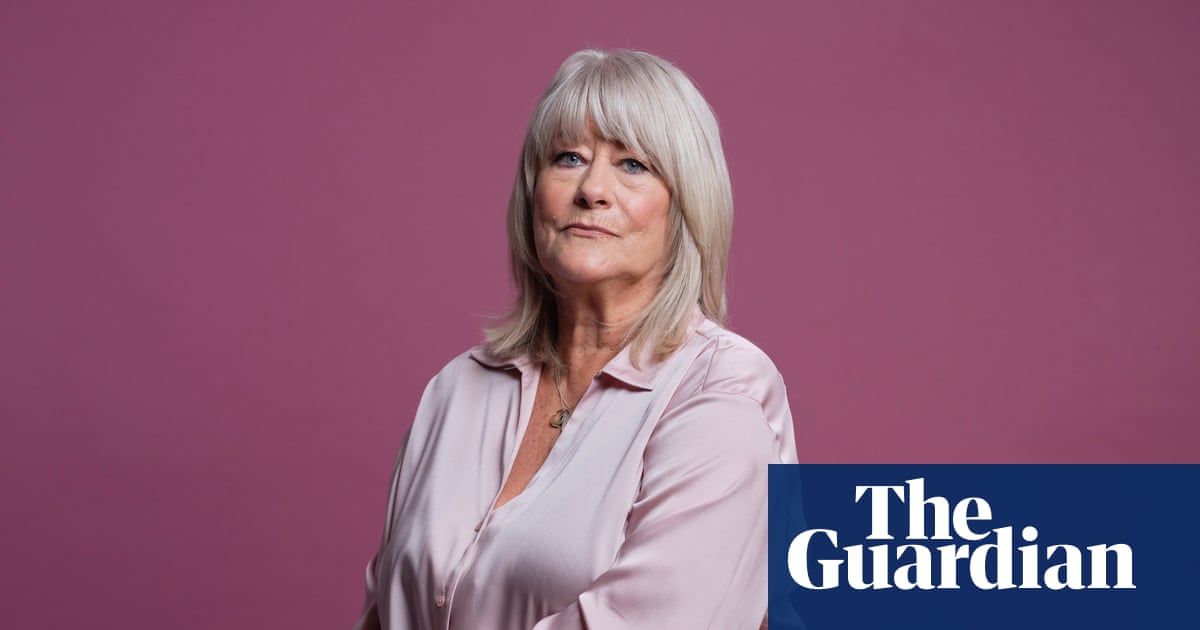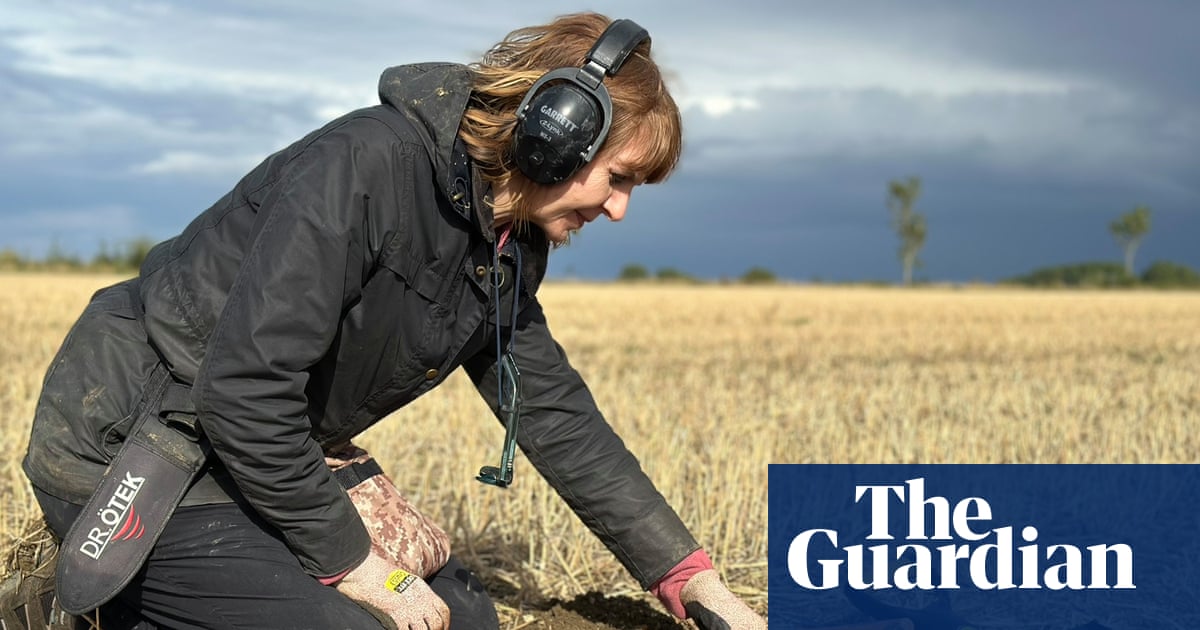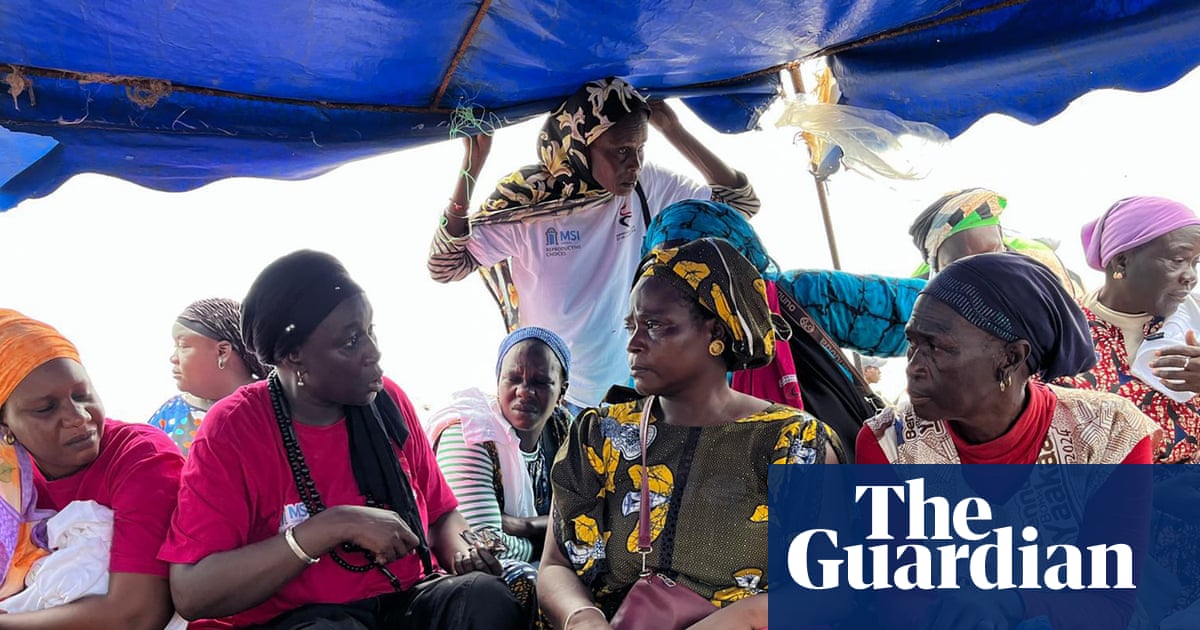France’s involvement in the transatlantic slave trade was historically among the most significant in Europe. After Britain, France had the second biggest colonial empire. We know that 1.38 million people were deported in at least 4,220 documented French slave trade expeditions. Yet the stories of the lives of those people are almost entirely absent from the French collective imagination.
Growing up in France, the only images of this crime against humanity I ever saw on screen were in US-made films. I learned about it from the 1970s TV series Roots and from Steven Spielberg’s movie Amistad. Today in France, Hollywood films such as 12 Years a Slave or Django Unchained are still the references when it comes to depicting the horrors experienced by enslaved people.
Despite the efforts of French film-makers with personal histories rooted in slavery – such as Guadeloupean Christian Lara (Vivre Libre ou Mourir, 1980, Bitter Sugar, 1998) or Martinican Guy Deslauriers (Middle Passage, 2000) – slavery as a French phenomenon remains almost invisible on our screens. Paradoxically, the first mainstream and commercially successful film set in the context of French Caribbean enslavement (Case Départ, 2011) was a comedy that failed to engage with the structural nature of the oppression it depicted.
So when I finally got to see a story on the big screen about the victims of French slavery, set in the French colonies, the effect was profoundly moving. The film-maker Simon Moutaïrou told me when I interviewed him last year about No Chains No Masters: “As a young cinephile, I was always struck by the absence of this subject – slavery, marronage – in French cinema.”
For the first time in French film, the story of the victims of slavery in the 18th century – on Isle de France (now Mauritius) in the Indian Ocean, then a possession of the French crown – was being told. Beyond its polished aesthetic, which portrays Black bodies in an unusually sublime way, the director’s decision to focus on marronage – the escape of enslaved people from being their oppressors’ property – the inclusion of African languages such as Wolof and the addition of a spiritual dimension all give this film a unique tone.
Only this year, a biopic was at last dedicated to a monumental figure, one who should be a source of French national pride. With Fanon, the Guadeloupean film-maker Jean-Claude Barny (director of Tropiques Amers, a pioneering 2007 TV miniseries on slavery in Martinique) brings his signature cinematic talent to the extraordinary story of Frantz Fanon.
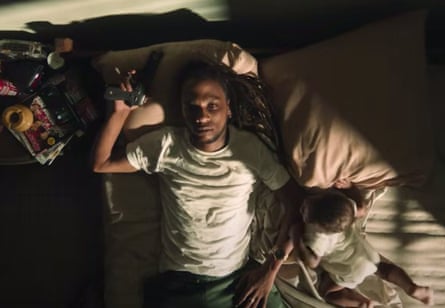
Fanon, a Martinican-born psychiatrist, wrote about the psychological effects of colonialism – drawing from his experience as a caregiver in Algeria – but he also walked the walk.
He joined the Algerian revolution against France and became a spokesperson for the FLN (National Liberation Front). Fanon died in 1961, a year before Algeria’s liberation in 1962 – but in just two books, he managed to inspire liberation and anti-colonial movements across the world. And yet, in France, not a single school bears his name. In 2019, the city council in Bordeaux – a city deeply mired in the legacy of slavery, colonisation and the exploitation of Martinique and its people – approved a proposal to name an alley after Fanon, but the mayor, Alain Juppé, a former prime minister, overturned the initiative.
Barny’s moving film begins with Fanon’s arrival in Algeria, and traces the painful journey of a psychiatrist who is committed, body and soul, to a country fighting to free itself from colonial rule. The film creates a powerful resonance between two territories – Fanon’s native Martinique, shaped by slavery, and Algeria, brutally invaded and suppressed by French troops in 1830.
Despite facing anti-Blackness, Fanon took notes throughout his mission, documenting with surgical precision the colonial situation that would give rise to his most powerful work: The Wretched of the Earth. The film does not omit the valuable contribution of Fanon’s wife, Josie Fanon, as it captures the early stirrings of revolution. It immerses us in the weight and torment of oppression – palpable and ever-present. The daily reality of deadly, senseless repression is laid bare in its rawest brutality. But, as Fanon’s words – woven in to the very structure of the film – remind us: “The colonised is dominated but not domesticated.”
The effects of slavery and colonialism are still visible in former colonies that are now full French departments and suffer from the same glaring abandonment. In Guadeloupe, staggeringly high unemployment has left many young people in a state of hopelessness and disarray.
Nelson Foix, a Guadeloupean film-maker, has dedicated his new film Zion to the island’s youth, drawn to delinquency in a place where opportunities are scarce. In a gripping thriller shot in Creole and backed by an entirely local production – including the Paris-based producer Laurence Lascary, who is of Guadeloupean heritage – Foix paints a stark portrait of an island still caught in a colonial dynamic.
Under the guise of a gangster story – with guns and high-speed chases – Zion lays bare the high cost of living, constant water shortages, social uprisings, police repression and the state-enabled poisoning of the land with a toxic pesticide called chlordecone, used on banana plantations. All of it is infused with a mysticism that blends Catholicism and ancestral beliefs, resulting in a dazzling cinematic experience.
after newsletter promotion
It’s a relief to to finally see new films portraying France through a different lens, although I can’t help but lament their invisibility at the most prestigious showcase events – such as Cannes. These films are still pushed to the margins of a public space that is clearly not ready to make room for overdue and compelling narratives.
Yet, despite a limited theatrical release – and suggestions of a “boycott” by some cinemas – the remarkable Fanon is enjoying the public success it deserves.
As for Moutaïrou, he cast two white film stars – Camille Cottin (known for the international TV hit Call My Agent) and Benoît Magimel – in supporting roles, yet media coverage of this cinematic event has been astonishingly minimal. According to the film-maker, social media has allowed the film to find its audience.
After breaking box-office records in the French Antilles before its release in mainland France, Zion has emerged as the surprise hit of the year. For once, the French Caribbean islands are shown without the usual emphasis on postcard-perfect scenery.
While colonial history remains a blind spot for French cinema, audiences are more than ready to face up to it – and there’s no shortage of talent to make that happen.
-
Rokhaya Diallo is a Guardian Europe columnist

 3 months ago
62
3 months ago
62

